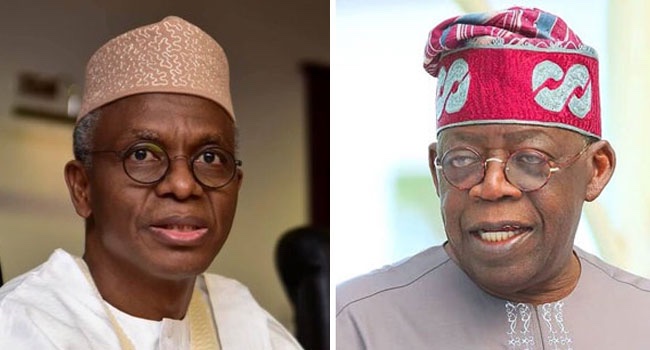
El-Rufai Blasts Tinubu, Says Nigeria Is Worse Than Military Rule

In a stunning political turn, former Kaduna State governor Nasir El-Rufai has launched a blistering attack on President Bola Tinubu’s administration, declaring it worse than Nigeria’s notorious military regimes that ruled between 1966 and 1999.
The remark has ignited heated debate across the country, not least because El-Rufai was once a staunch ally of Tinubu, playing a visible role in the campaign that swept him into office during the 2023 elections.
The shift is not without context. El-Rufai’s fallout with the presidency deepened after his nomination for a ministerial role was blocked in the Senate, a rejection that bruised his political standing within the ruling APC.
Now, his criticism of Tinubu’s leadership mirrors broader frustrations over centralization of power, rising authoritarian tendencies, and the economic turmoil that has left many Nigerians disillusioned. Channels TV recently reported that El-Rufai has held talks with opposition leader Atiku Abubakar, fueling speculation about an unlikely alliance to challenge Tinubu’s APC ahead of the 2027 general elections.
Observers have noted that El-Rufai’s accusations echo the patterns of military-era leadership, particularly during General Ibrahim Babangida’s rule from 1985 to 1993, when power was consolidated at the center and dissent was often silenced. By likening Tinubu’s government to that period, El-Rufai is not only questioning the president’s style of governance but also framing himself as a potential counterweight in the next political battle.
Yet, the public reaction on X tells a more complicated story. Many Nigerians have met El-Rufai’s outburst with skepticism, recalling his own record as governor of Kaduna State, where he reduced ministries and downsized the civil service under a controversial reform program that critics labeled authoritarian. To some, his current stance looks less like a principled defense of democracy and more like the maneuvering of a wounded politician seeking relevance ahead of 2027.
Still, the weight of his words cannot be ignored. For a figure once embedded in Tinubu’s political machine to turn around and describe his government as worse than the iron grip of military rulers signals a deep fracture within the ruling party.
Whether this represents the start of a larger realignment or simply a personal vendetta, El-Rufai’s voice has injected new fire into Nigeria’s political discourse, reminding the nation that in politics, allies can become adversaries overnight, and yesterday’s loyalist can be today’s fiercest critic.


